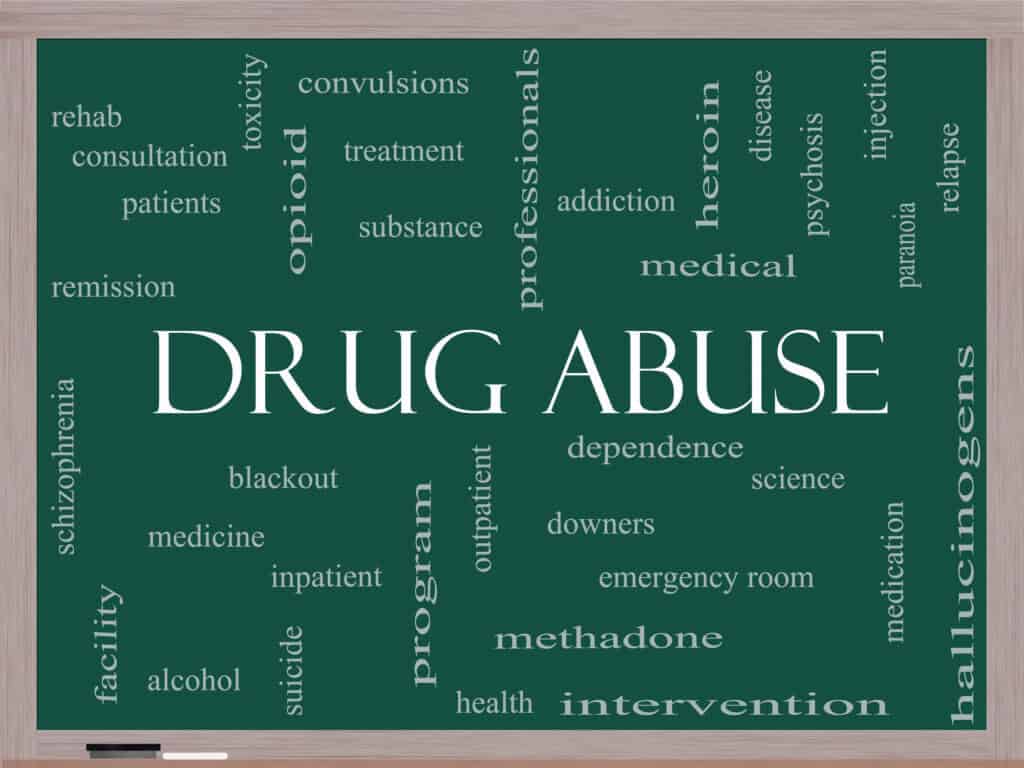Kevin L. Johns published an interesting article in the December 5, 2017, Morning Memo on WealthManagement.com.
According to a forecast by STAT 500,000 people will die over the next ten years from opioid overdoses. Opioid addiction is no longer limited to the “urban poor;” rather, opioid and heroin addicts are found in the suburbs and were raised in “good families.”
Although most citizens will not face paying the “death tax,” the need for sophisticated estate plans will persist due to the alarming increase in societal addictions, in particular, the opioid and heroin epidemic.
Estate Planning Options
Disinheritance. Parents don’t want their legacy to fund destructive and possibly deadly behavior. But, parents considering disinheritance must consider that their addicted child could contest the estate plan, further alienating the beneficiary from his family while wasting estate assets on needless litigation.
Outright bequest. Some parents may opt to leave their addicted child a smaller outright bequest. Leaving an addicted child funds outright is fraught with obvious issues.
Distribution of funds to siblings to benefit the addicted beneficiary. Because of the risks associated with an outright bequest, some clients elect to give the addicted child’s inheritance to a sibling, with the understanding that the sibling will expend such assets for the addict’s benefit. This approach seldom works and causes the inevitable strain on the relationship between siblings.
Trust Planning
Given the shortcomings associated with these approaches, the best option is to create a discretionary trust for the addicted beneficiary. Over the years we have prepared discretionary trusts to deal with addiction issues, including obtaining the beneficiary’s consent to the trust plan and waiver of the privacy requirements of the Health Insurance Portability and Accountability Act of 1996 so the trustee (or its designee) can receive drug test results, medical reports, information from treatment centers, addiction experts and all other relevant information pertaining to the beneficiary’s addiction.
Choosing a trustee is difficult. Choosing the right trustee of a trust for an addicted beneficiary is doubly difficult. Many clients are hesitant to place this responsibility on a family member. Naming a bank or trust company may seem like a logical choice, but some corporate trustees are reluctant to serve as trustee for an addict, particularly when the addiction involves an illegal substance.
Trust Advisors and Trust Protectors
Because we’re unable to predict future events that may affect trust administration, especially when dealing with an addicted beneficiary, trust protectors with broad powers should be incorporated in the plan to deal with the ever-changing issues that arise in effectively dealing with an addict.
There’s no perfect estate plan for a beneficiary who suffers from addiction, but by applying some strategies discussed in Mr. Johns’ article, an estate plan can be crafted to promote recovery and future stability for the addicted beneficiary and provide some peace of mind for the addict’s family.
You can review the full article here: http://www.wealthmanagement.com/high-net-worth/opioid-crisis-impact-wealth-planning?



